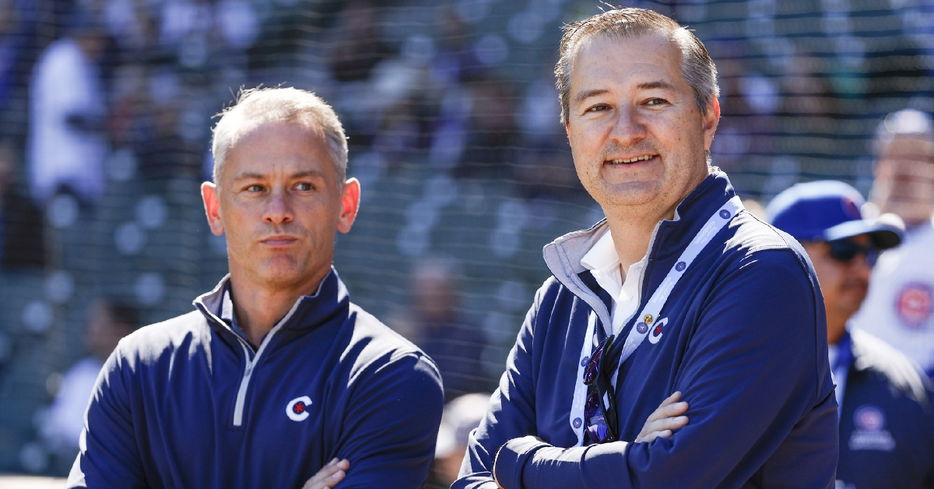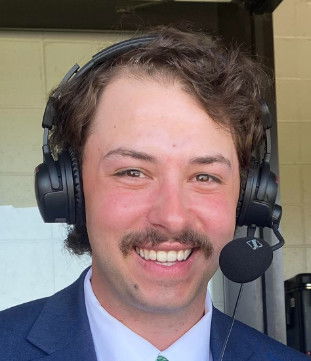
Commentary: Cubs don’t need to be frugal in free agency |
A well-documented analysis of the Cubs roster over the last couple of seasons, during which they missed the playoffs with 83 wins, has concluded that the Cubs need a star player.
However, the Cubs have not been involved in the major free agents in the past few offseasons. Bryce Harper signed a then-record 13-year, $330 million contract ahead of the 2019 season. The Cubs were coming off of a 95-win 2018 season where they were bounced from the playoffs in the Wild Card game vs Colorado. Theo Epstein confessed to the media that the Cubs’ offense broke. Bryce Harper was a known friend of Kris Bryant and had a dog named “Wrigley,” but the Cubs did not get involved. In the 2022/2023 off-seasons, shortstops were of the plenty. Over the off-season before the 2022 and 2023 seasons, Corey Seager, Carlos Correa, Francisco Lindor, Trea Turner, and Xander Bogaerts were among the available shortstops. All five of those short stops signed contracts north of 200 million dollars, all with an average annual value (AAV) north of 25 million dollars — none of which from the Cubs. The Cubs instead signed Dansby Swanson to a 7-year, $177 million contract. This is not a knock on Swanson, who has been extremely productive and, according to the present market, has absolutely been a bargain at his price. It is, rather, an indictment on a Cubs organization that refuses to shop in the deep ends of the free agency pools and settle for bargains. Jed Hoyer talked about the Cubs’ rosters’ need to “over-perform projections. " The easy rebuttal is: Why not sign players with more impressive projections? Many around the league agree the Cubs have a bunch of “good” players, but what they lack are “stars.” I don’t mean guys that can make an All-Star game as Ian Happ and Dansby Swanson have been All-Stars, I mean perennially players’ that are among the league’s best. And a player of that caliber highlighted this winter’s free agency class: Juan Soto. Soto could be the difference maker on a team contending for the World Series for years to come. Soto signed a monstrous 15-year, 765 million dollar contract with the New York Mets. The problem isn’t that he chose the Mets, it’s the fact that he didn’t have the option to chose the Cubs. Soto’s options were narrowed down to the Mets, the Yankees, the Dodgers, the Red Sox, and the Blue Jays. Not to mention, the Padres and the Giants were involved. "There is nothing that precludes us from being involved in those players[like Soto],” said Hoyer at the Winter Meetings. “We did, organizationally, decide not to pursue that one. It doesn't mean in the future we won't, but that was one we didn't." The problem isn’t that Jed Hoyer and Co. did not want to spend almost $800 million on one player—it is likely a massive overpay. The problem is that the Cubs were not involved in a once-in-a-generation type of talent available on the open market at 26 years old. Soto is on a Hall of Fame path, with his prime set to unfold over the beginning of this contract. How could the Cubs not want that? The problem is that the Cubs have one of baseball's most expensive fan experiences. One beer is $15. The problem is that the Cubs are asking their fans to pay for a network for exclusive Cubs content while also asking them to pay top dollar for tickets while putting a team on the field that can’t make the playoffs. The problem is that the Cubs’ organization is okay with their fans paying the most in baseball, while the owners can’t pay the most for the players on the field. In the third-largest market in the US, the Cubs have one of the highest ticket prices in baseball—yet they are one of just 11 teams that have never issued a contract north of $200 million. Miami, Arizona, Seattle, Washington, Atlanta, Boston, San Diego, Cincinnati, Colorado, Detroit, Kansas City, and Minnesota are among the teams that play in a smaller market and have issued contracts far larger than the largest in Cubs history. The Cubs have consistently built high payrolls without star power, which means the Cubs are simply overpaying for average players. The Cubs spend their offseason looking for bargains, while the teams that play in October try to make a splash. With the Cubs’ market and resources, there is no reason for Chicago not to be in that category. The Cubs don’t need to be frugal and count pennies; they sure don’t expect their fans to.







